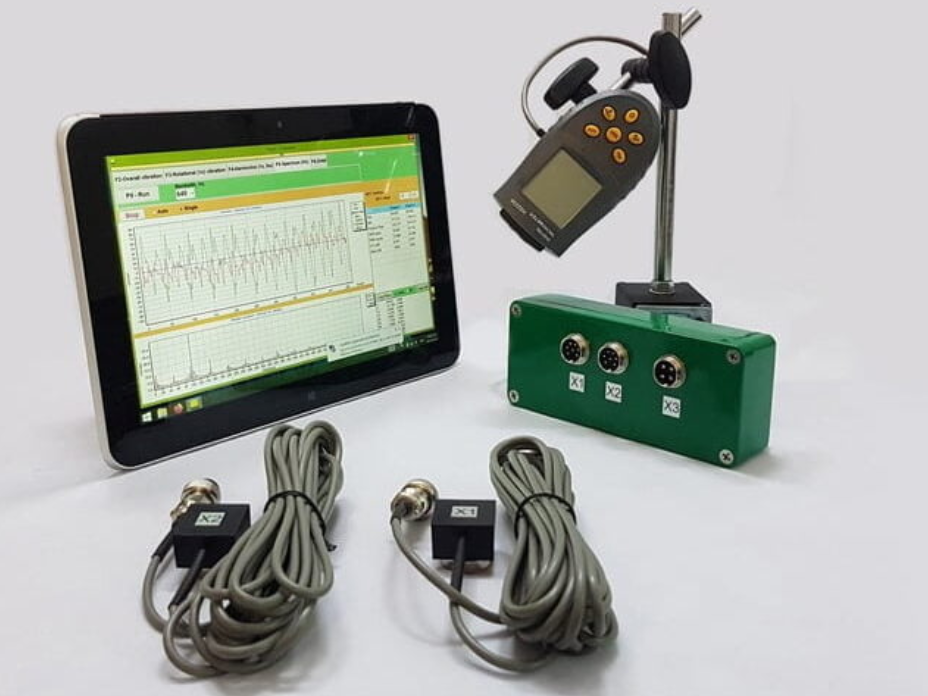European equities slip after renewed selling in Hong Kong tech shares

Equities updates
Sign up to myFT Daily Digest to be the first to know about Equities news.
European stocks slipped on Thursday after a fresh jolt of volatility in Hong Kong’s equities bourse and ahead of a key US central bank summit.
The region-wide Stoxx 600 and the UK’s FTSE 100 were down 0.4 per cent, France’s Cac 40 slipped 0.5 per cent and Germany’s Dax dropped 0.7 per cent. Retailers, travel and leisure and basic materials groups were among the laggards.
Asian markets came under heavier pressure, with Hong Kong’s Hang Seng index trading down 1.1 per cent. Short-video platform Kuaishou, a Chinese group listed in Hong Kong, tumbled 9.2 per cent after weaker than expected second-quarter earnings.
The Hang Seng is down 6.7 per cent in the year to date, with its technology sub-index off by almost 25 per cent. Markets in Hong Kong and mainland China have recently sustained successive bouts of tumult triggered by Beijing’s crackdowns on the private sector.
Commodities also fell, with global oil benchmark Brent crude down 0.6 per cent at $71.81 a barrel, while the US marker West Texas Intermediate declined 0.8 per cent to $67.82 a barrel. Gold was down 0.2 per cent at $1,786 per troy ounce.
Meanwhile, South Korea became the first major Asian economy to raise interest rates since the start of the pandemic. The move comes before a virtual meeting of central bankers sponsored by the Kansas City Federal Reserve. The summit will be headlined with a speech on Friday by Fed chair Jay Powell.
Investors will be looking for clues on when the Fed will begin removing its crisis-era stimulus measures as the economy and labour market have recovered markedly from the coronavirus shock.
“The fact remains we have monetary policy settings at emergency levels,” said Steven Bell, chief economist at BMO Global Asset Management. “The fire is nearly out, it’s not appropriate to keep easing monetary policy.”
Bell said indicators such as signs of increasing wage inflation would be important measures for the decision on when to start tapering the Fed’s $120bn a month asset purchase programme.
In the US, S&P 500 futures were trading up 0.2 per cent, while those tracking the tech-focused Nasdaq 100 were flat.
Unhedged — Markets, finance and strong opinion
Robert Armstrong dissects the most important market trends and discusses how Wall Street’s best minds respond to them. Sign up here to get the newsletter sent straight to your inbox every weekday








